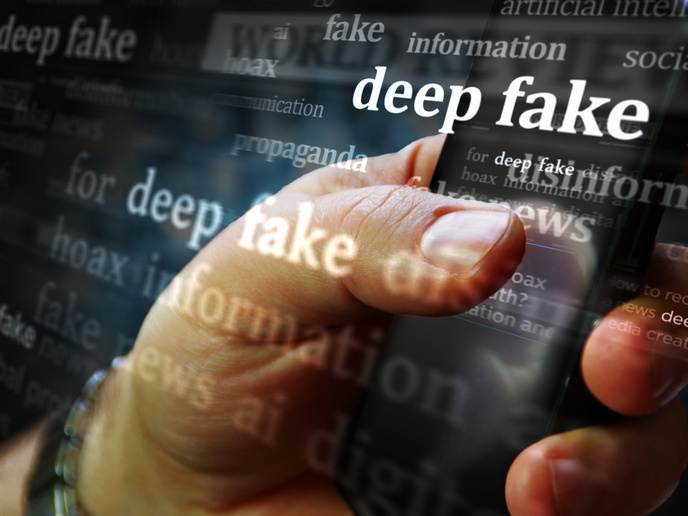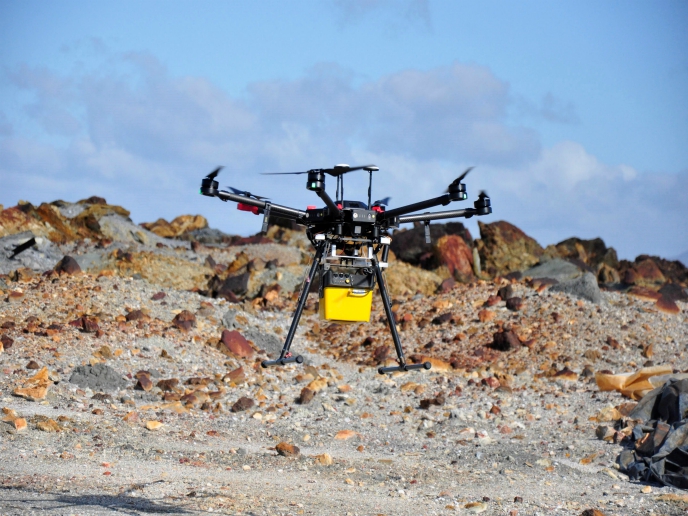Placing ethics at the heart of emerging technologies
Artificial intelligence (AI), human genomics and human enhancement are likely to have major economic and social impacts in the near future. At the same time, these emerging technologies raise serious ethical, legal and human rights issues. “The objective of the SIENNA project was to study these issues, and to propose ways of addressing them,” explains project coordinator Philip Brey, professor of Philosophy of Technology at the University of Twente in the Netherlands.
Ethical tech challenges
AI includes systems that support human decision-making, are able to analyse large data sets and can recognise faces and behaviours. It also includes machines like intelligent robots and self-driving cars. “AI can autonomously make decisions and perform actions in ways that were previously reserved for human beings,” says Brey. “But this means that it can also do all the bad things that humans can do. It can control people, discriminate and violate privacy, for example. Who is accountable if intelligent machines do bad things?” Human genomics is a powerful technology that could improve human health. “Yet there are important ethical implications here too,” he notes. "For example, Genome sequencing can raise significant privacy issues, as third parties become aware of one’s detailed genetic make-up. This information could be used to discriminate against employees or insurance policyholders.” Finally, human enhancement is about the improvement of human performance beyond the typical range. Such enhancements might include superior eyes and ears, or legs and arms with improved strength and endurance. “Many people think the very idea is wrong,” says Brey. “In any case, there are health and safety risks, and concerns about loss of human identity and inequality.”
Raising ethical awareness
The EU-supported SIENNA project set out to identify and analyse the ethical and human rights issues connected with these three technologies. It then sought to develop tools and methods to help stakeholders better address and mitigate these concerns. “We wanted to map out current issues as well as challenges that could be expected over the next 20 years,” explains Brey. “We also wanted to know about the concerns and viewpoints of stakeholders.” To achieve this, hundreds of stakeholders were consulted, and some 11 000 citizens surveyed across 11 countries. Extensive legal analysis was carried out to understand the current regulatory landscape. “Based on our understanding of these issues, we developed proposals and solutions,” adds Brey. “We also drew up ethics guidelines. This was particularly needed for human enhancement, as no guidelines existed.” Regulatory and policy recommendations concerning these three technology fields were also put forward. For human genomics, an international code of conduct for data sharing was developed. Recommendations for including ethical and human rights requirements in legislation and regulation were drawn up. An Ethics by Design approach for AI was also put forward. “There has already been take-up of our analyses and recommendations,” he remarks. “The European Commission will use our research ethics guidelines for AI and human enhancement, and our Ethics by Design approach in its ethics review procedure in the new Horizon Europe research programme. This means that potentially hundreds of new research projects will make use of our tools and insights.” Ultimately, SIENNA has highlighted the fact that ethics and human rights must be central considerations in the development and use of emerging technologies, and not afterthoughts. “General ethical guidelines can be an important first step for creating awareness of ethical issues,” says Brey. “But they need to be supplemented with specific tools and methods, like research ethics frameworks, professional ethics codes and Ethics by Design approaches.” This has been the project’s critical contribution, as Europe stands on the threshold of a new era in technological innovation
Keywords
SIENNA, AI, genomics, technologies, robots, ethics, health, human, intelligent







